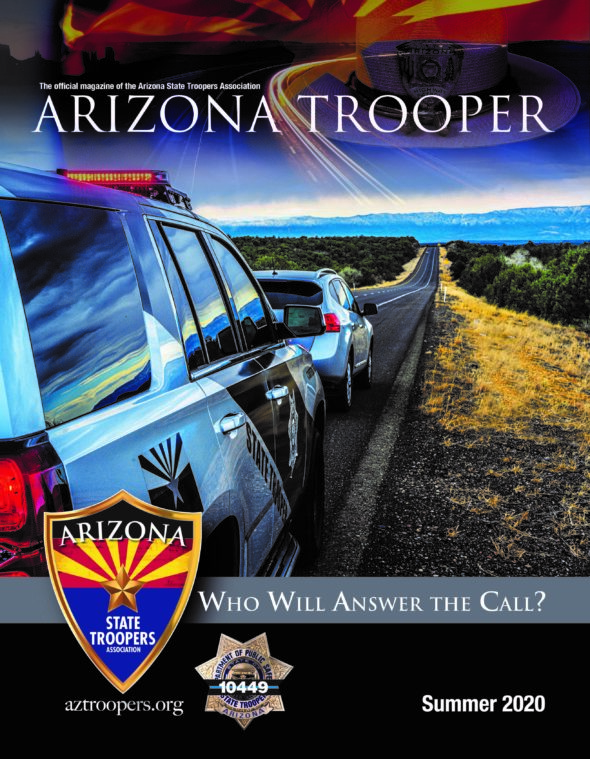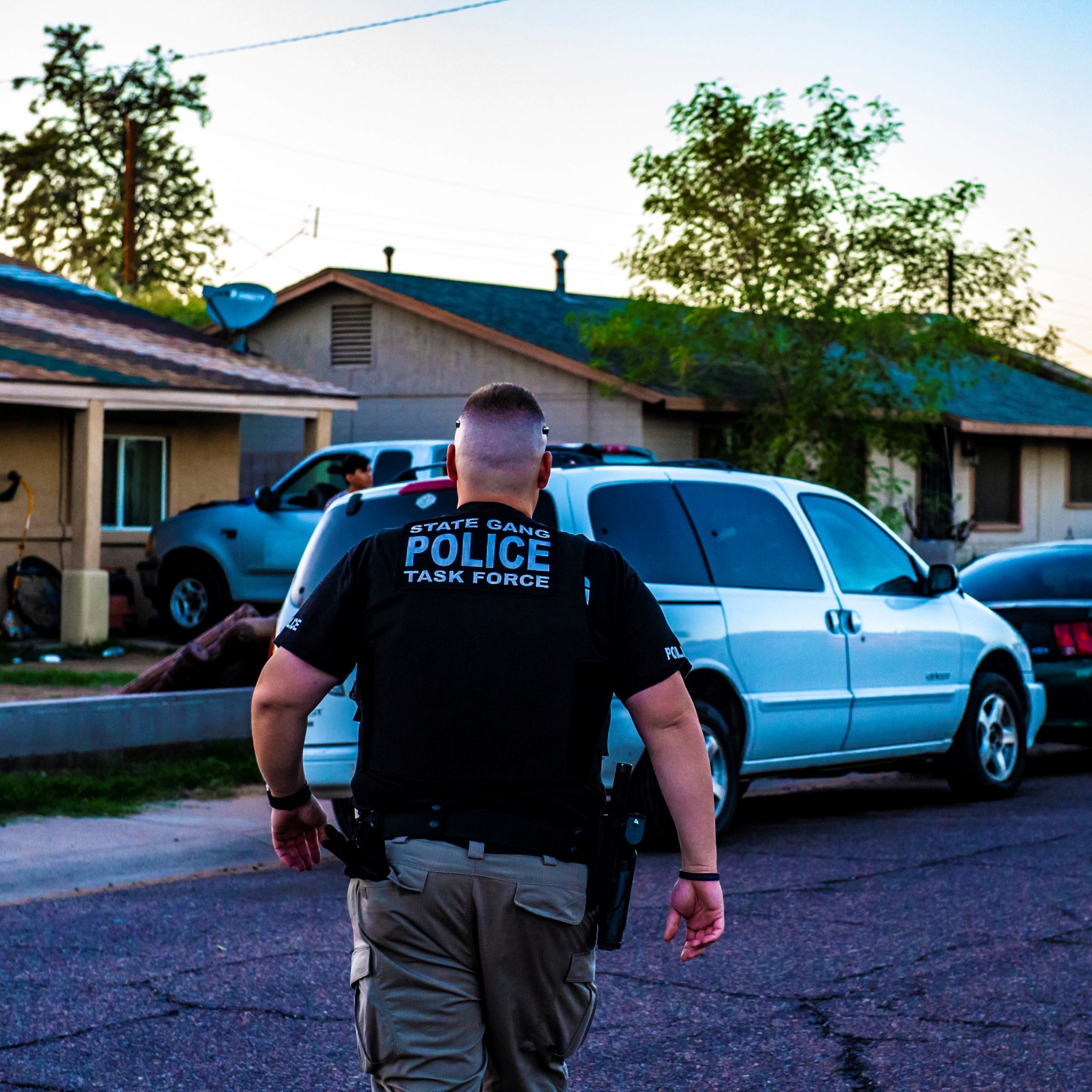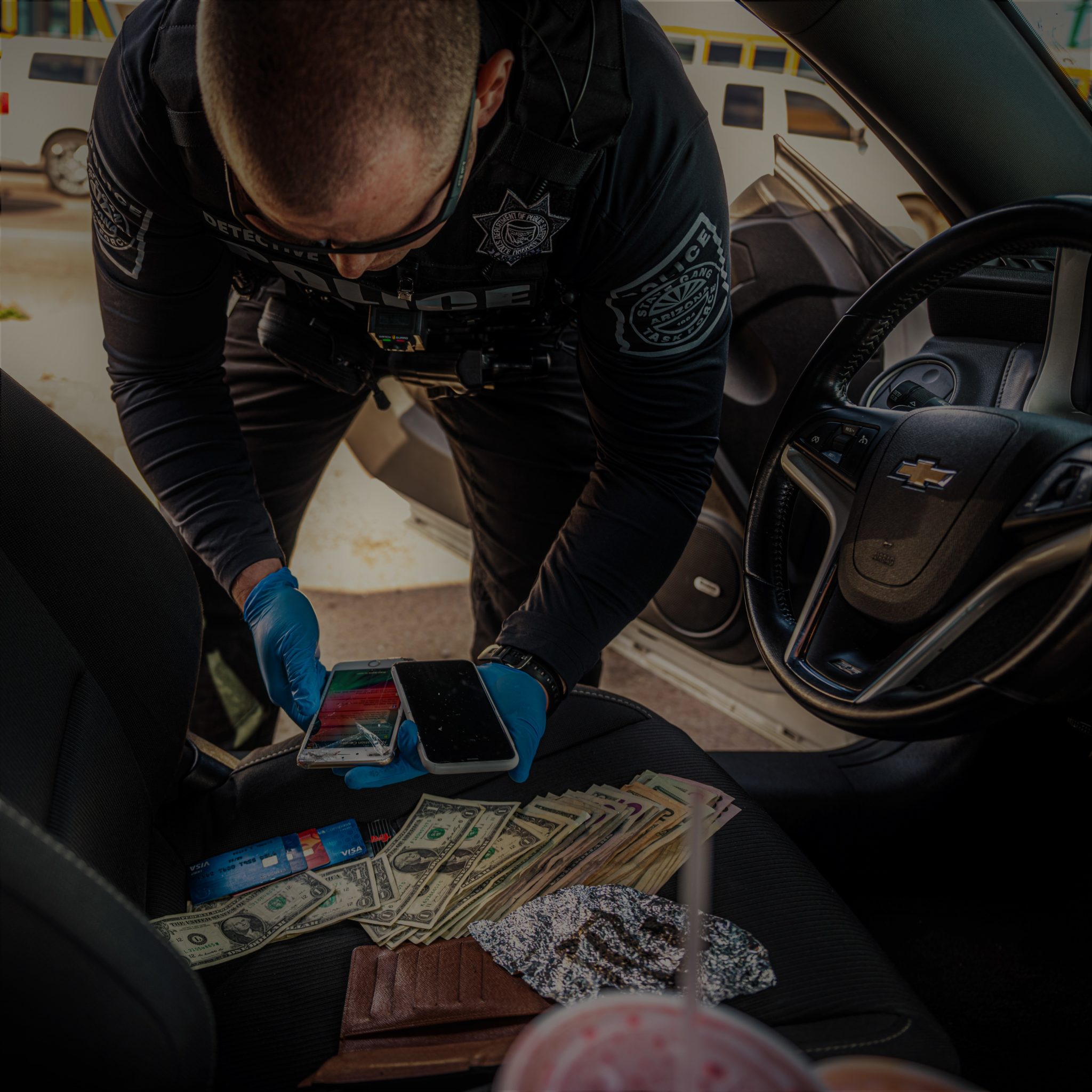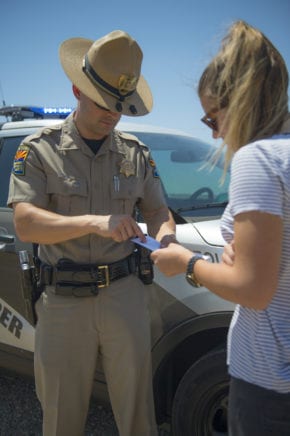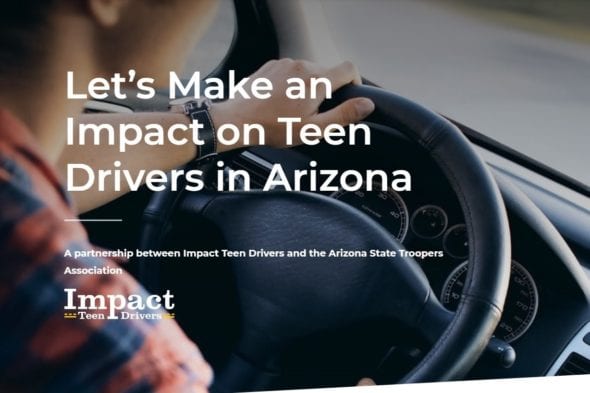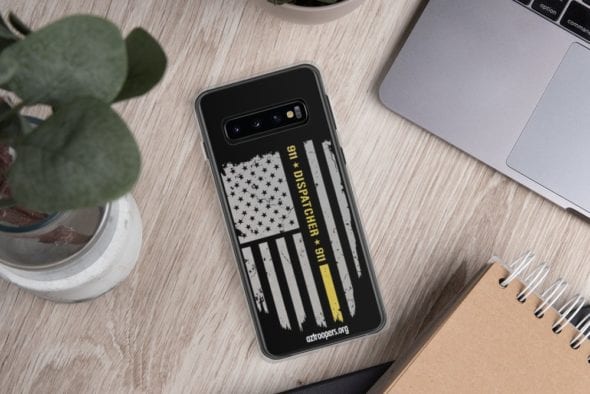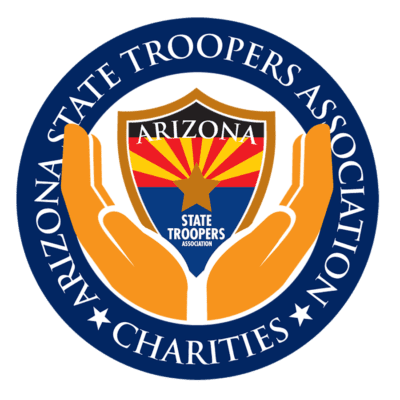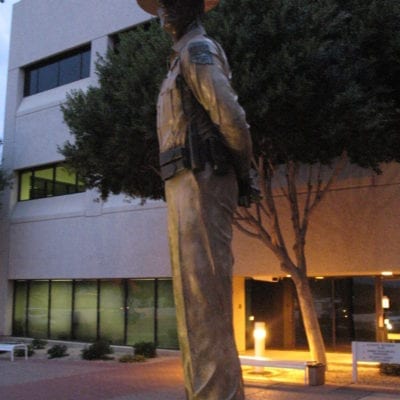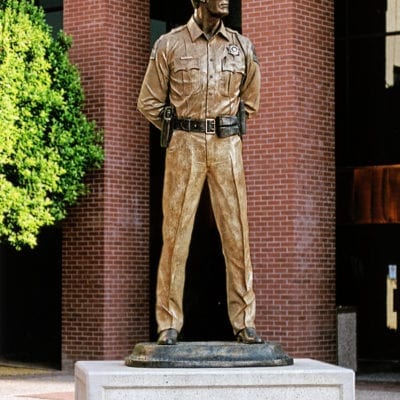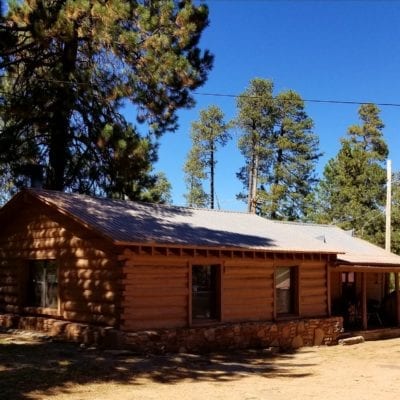Arizona Troopers on patrol in all weather.
Photograph by Shayne Gastelum via AZDPS

Craig Fernandez
Editor, Arizona Trooper Magazine
Those within the Law Enforcement community have seen this day coming and even predicted it, but we have all tried our best to avoid it. Yet here we are.
We are sure you have seen the latest political ads showing someone calling 911 for assistance and getting a voicemail recording. As farfetched as that seems, we are headed in that direction whether by choice or not. It begs the question, when we need law enforcement the most, who will answer the call?
Recent surveys by organizations like the Police Executive Research Forum (PERF) have proven what many departments throughout the country have foretold. Police officers are leaving the job, they are retiring sooner, and recruitment is becoming practically impossible.
Police Executive Research Forum (PERF) have proven what many departments throughout the country have foretold. Police officers are leaving the job, they are retiring sooner, and recruitment is becoming practically impossible.
At police agencies across the country, they are having trouble keeping and hiring police officers. The PERF survey described above showed three areas confirming the trend, a decrease in applications, early exits and higher rates of retirement. Agencies have reported that there has been an over 60% decrease in new applications. Hiring non-white/minority applicants and female officers have proven to be the most difficult. Believe it or not, there are less full-time police officers across the country today than in 1997.
“Police officers are leaving the job, they are retiring sooner, and recruitment is becoming practically impossible.”
Officers are retiring sooner and leaving for other careers. 29% of those voluntarily leaving do so within one year of joining and another 40% leave within five years. With all the time and money invested in training officers and getting the right candidates, this is at the end of the day a losing battle. Younger people today see the hours that come with the job as long, erratic, and frankly dangerous. This perception has steeply increased after street protests over police shootings and the media coverage that comes with them.
Is there any doubt why recruiting has become so difficult? With today’s constant negative media focus, introduction of stricter policies, body cameras, and higher rates of stress and PTSD than ever before, it is a wonder anyone wants to be a police officer today. The sense of service and higher calling that once drew people to the field simply does not exist as much in today’s generation of instant gratification and ‘what have you done for me lately’ mentality. Today’s youth have been projected to have 14 different jobs by the time they are 30. Staying the course in a field with lower than average pay and high stress is not likely.
Not only is there a price to be paid within the policing field but it affects all our communities as well. Due to the increased scrutiny over the most recent years and negative media attention, officers are less willing to put themselves in the cross hairs on a daily basis. Research across the country has shown officers are making fewer public contacts and stopping less suspicious persons. In turn, crime is rising, and public confidence is falling. How do we stop this?
All of these are simple, reactionary solutions that do nothing to solve the larger issue. We, as a society, need to fix this problem. We created it and it is up to us to correct it…
“The American policing profession may be facing the most fundamental questioning of its legitimacy in decades,” said Chuck Wexler, executive director of the Police Executive Research Forum, in a 2017 organizational newsletter. “The very essence of policing is being debated in many cities, often because of controversial video recordings of police officers’ actions. Community trust has eroded, and the professionalism of the police is being questioned.”
In my humble opinion, we are simply projecting our failures on to others and making them responsible for solving them. The real solution is easy, the question is do we all have enough of a sense of self-responsibility to own the problem and do what is necessary to fix it?
At a societal level, we need to stop looking at police officers as the hall monitors, we all love to hate. The ones that keep us from doing all the fun things that are against the rules. We need to stop telling our kids to behave or we will have that cop arrest them. We need to start handling our own family problems like adults and stop asking police officers to handle them for us. We need to start looking at them once again as the people voluntarily standing between us and the chaos and evil, we all know exists. It is not a fairy tale; the data proves this every day. If all of us were as great people as we think we are, then we would not need them at all, would we? We need to respect them, help them be better, give them the tools they need to do the job that quite frankly we asked them to do and more importantly we need them to do.
At a governmental level, we need to stop allowing politicians to use them as pawns to get quick political points and leverage their support for political gain. Law Enforcement needs to be appreciated and shown that they are, with appropriate priority in pay as part of local budgets and recognition of the role they play in not only helping us design our laws properly, but how we apply them to the public at large.
“They see the worst in us every day and we usually only see them when we are having our worst day.”
They exist to help us and protect us, when we realize that and see them properly, we all succeed. Once we can do these things, even if it’s only with our local government, we will see a change in ourselves and our youth. After all, they learn how to see police officers and how to treat them from us. Once they again see them in the right light and their profession as a noble one, then maybe more of us will want to be one of them. It will take a long time, maybe a generation or maybe decades, but if we do not start, it never will.
They see the worst in us every day and we usually only see them when we are having our worst day. We need to recognize that and look at ourselves in the mirror more often.
Finally, we all need to learn that we need to hold ourselves accountable for our own behavior before we can ask others to be responsible for theirs, let alone enforcing ours.
Follow us to stay connected!

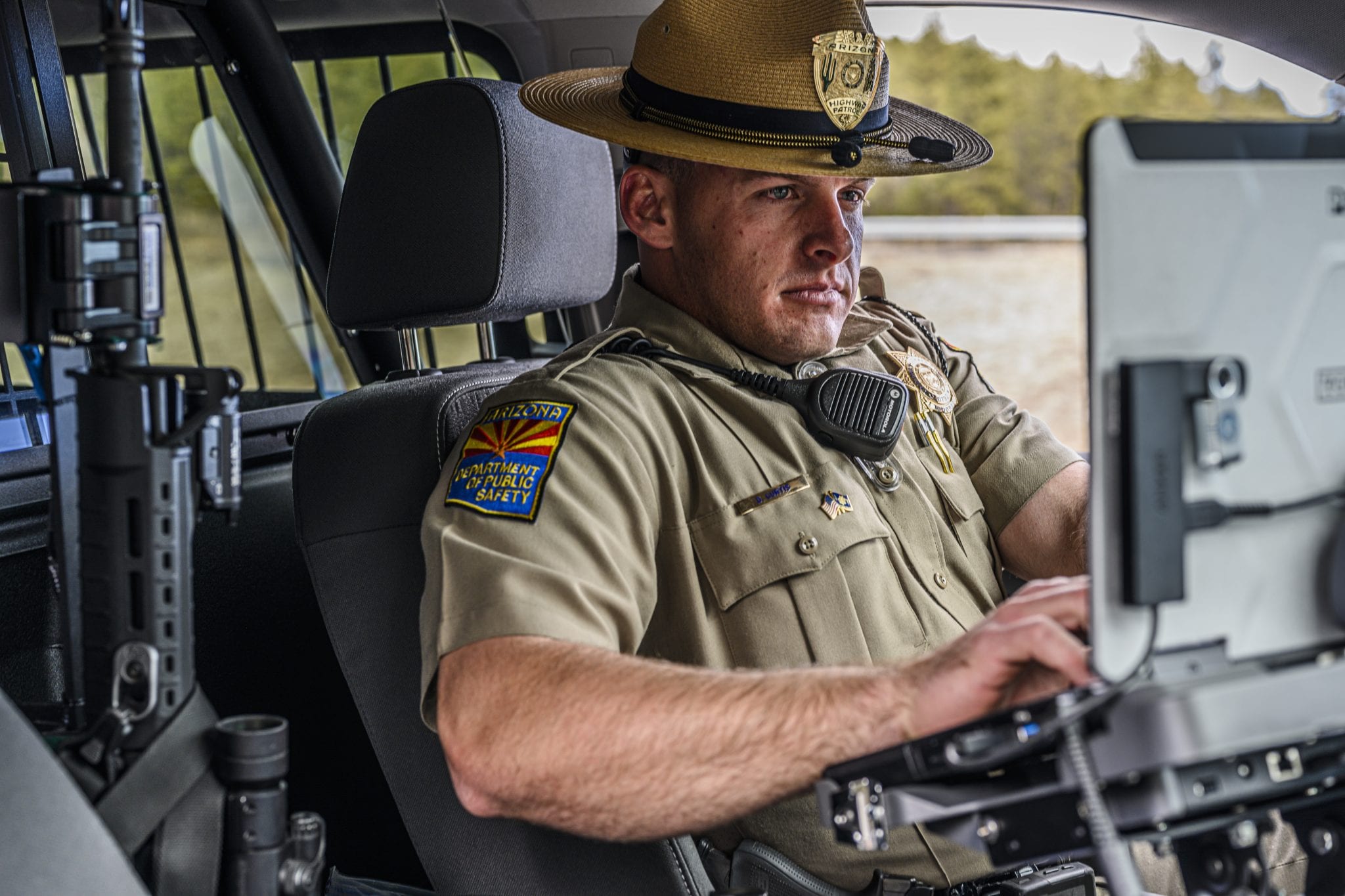
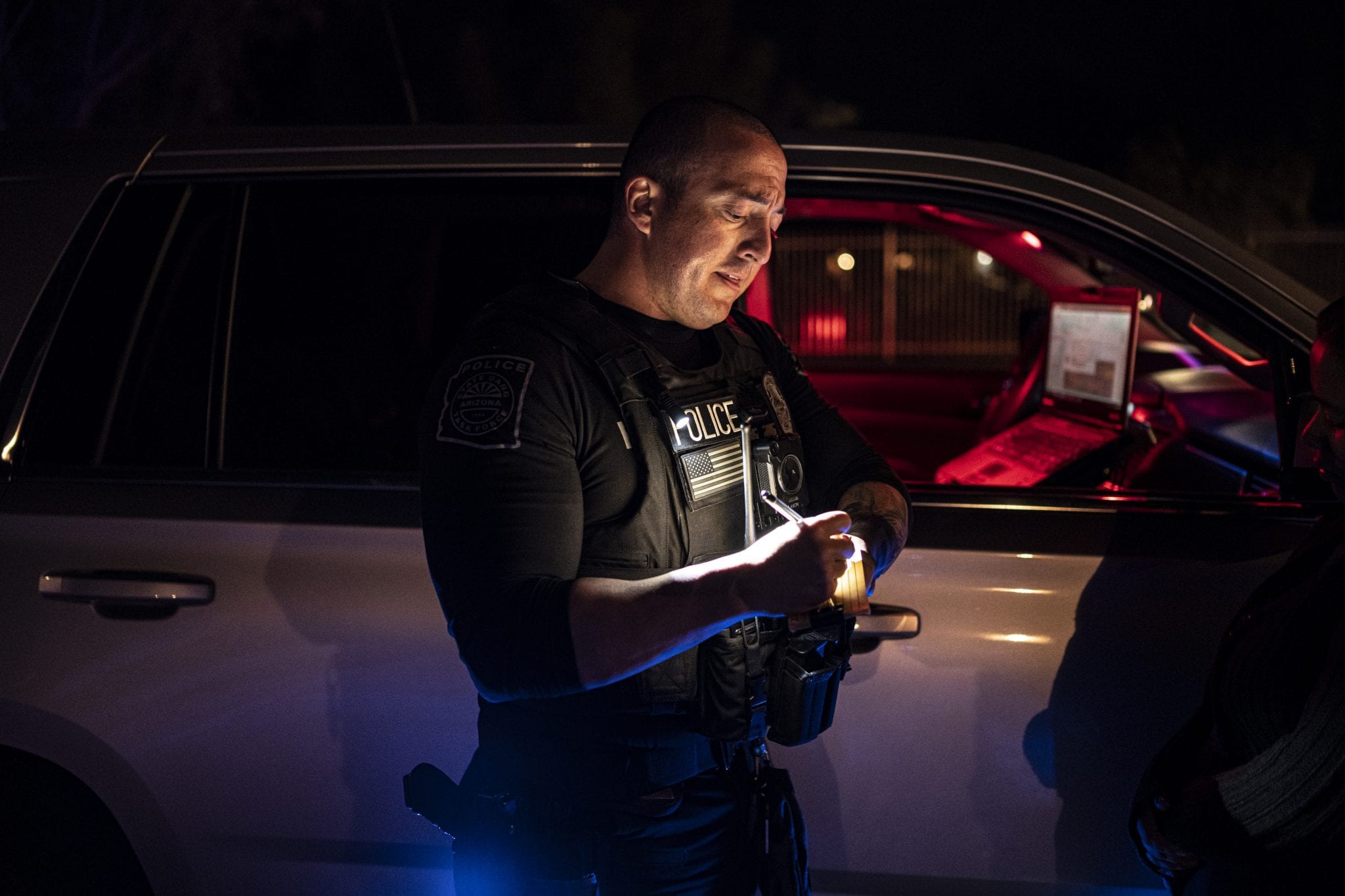
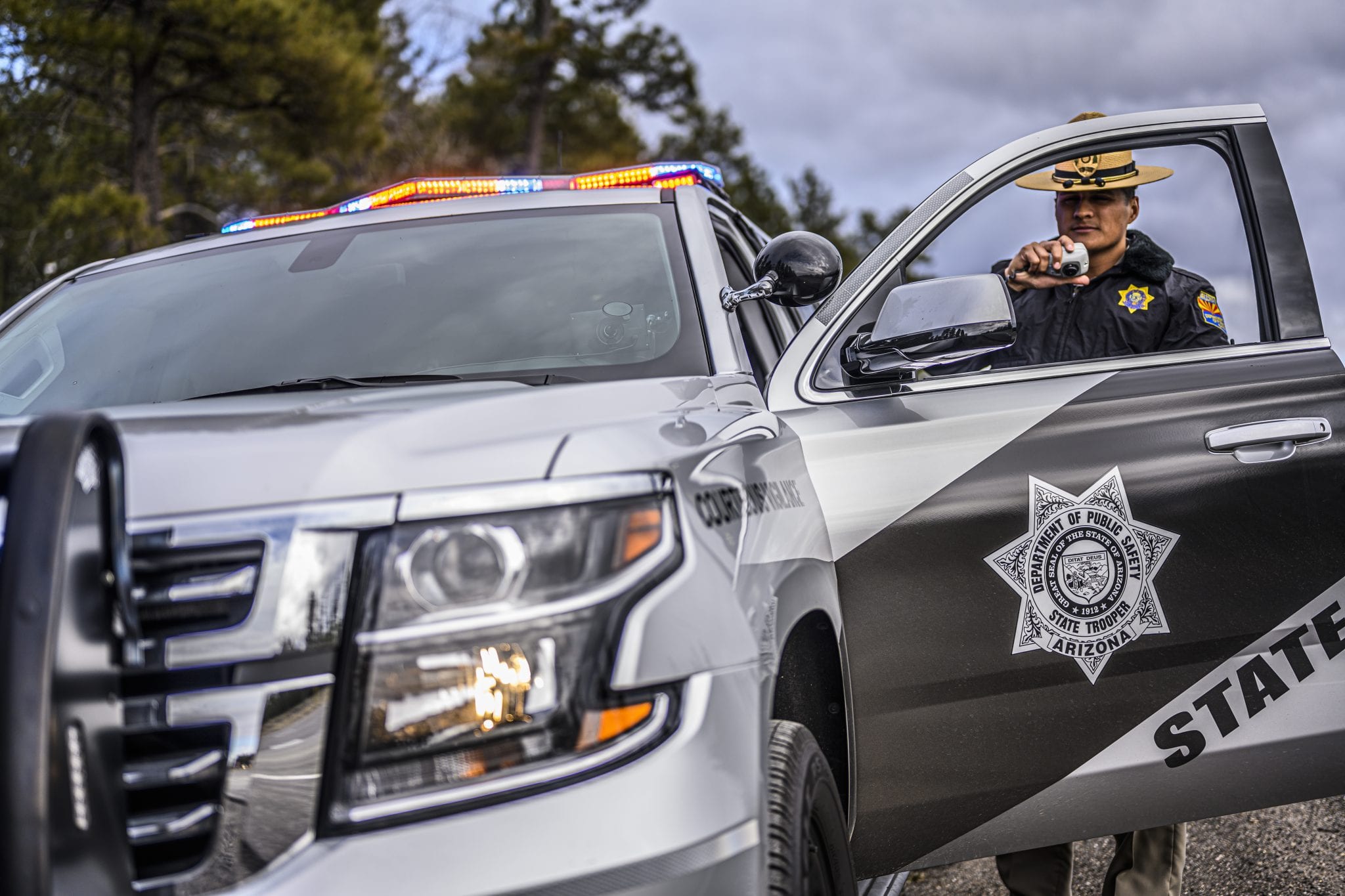
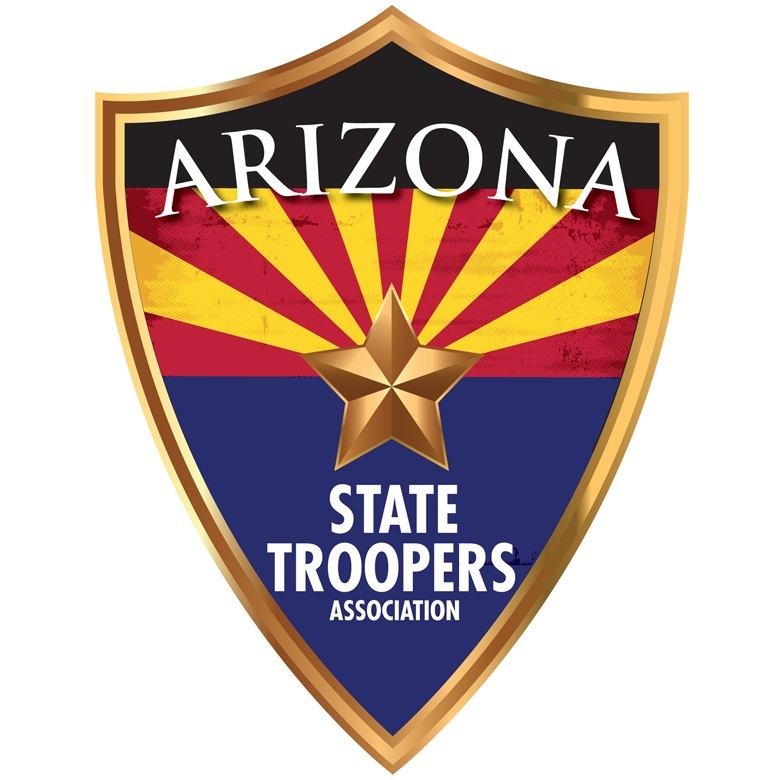
Want more great content
and offers from us?
Subscribe to our email list.


